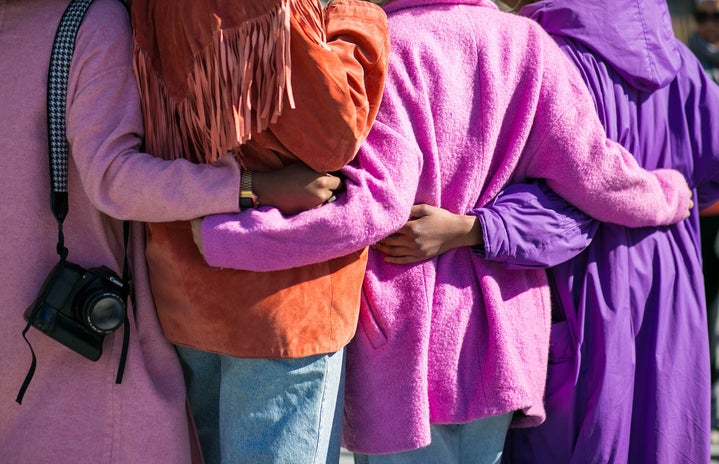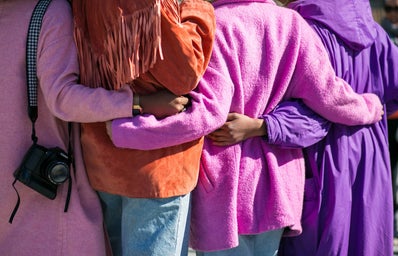On Wednesday March 8, the Paul Gutman Library at the Jefferson East Falls Campus hosted an International’s Women’s Day Event. The event titled, “Intersectional Feminisms: Many Identities, One Movement,” was offered in-person and virtually for attendees and was led by Dr. Jane Caputi of the Center for Women, Gender, and Sexuality Studies at Florida Atlantic University. Dr. Caputi’s presentation focused on intersectional feminism and how it has developed and grown through the years and in the modern day. Dr. Caputi also discussed the most recent attacks on Black, Queer, and Feminist studies in America.
During the course of the presentation, I learned much about intersectional feminism including its history and its relevance in modern society. Here are some /concepts/ideas I took away from the presentation, and if you are curious to learn more about intersectional feminism, or were unable to make it to the event, I highly encourage all Jefferson students to check out the library’s “intersectional feminisms” collection of print and digital resources on the main floor.
- Shift from the phrase “The future is female,” to the phrase “The future is intersectional”
- Rickie Solinger’s book, “Beggars and Choosers: How the Politics of Choice Shapes Adoption, Abortion, and Welfare in the United States,” this book shows how the phrase “My body, my choice” relates to privilege.
- “To end gender oppression, we must end all oppression”
- Anna Julia Cooper, one of the first to mention the idea/concept of intersectionality in the 1800s
- Consider checking out the film, “Jane Crow: The Life of Pauli Murray Illustrated Edition” on Amazon Prime
- Implicit bias and structural/systemic issues have impacts and implications from media coverage to quality of healthcare
- Dr. Caputi brought up the concept of, Gender and Climate Change – this was intriguing to me because I had never imagined or realized that climate change would disproportionately impact women.
There was so much more that I took away from this speech, but I encourage all to read, research, and remain curious about intersectionality as it will aid us in creating a better world for everyone.


